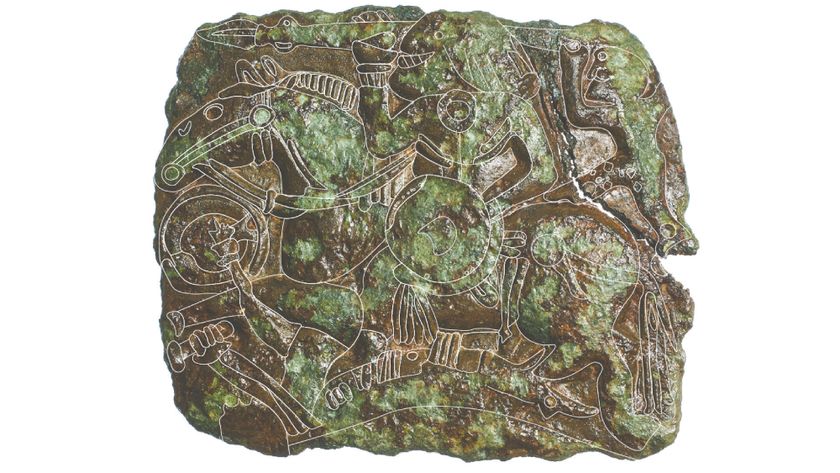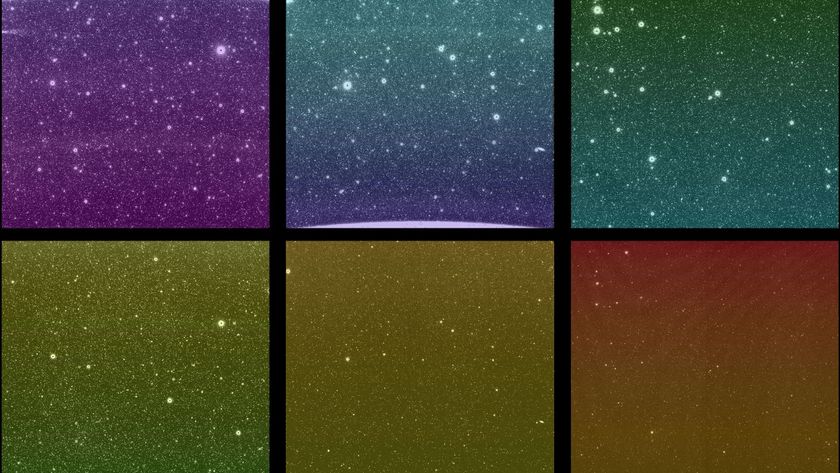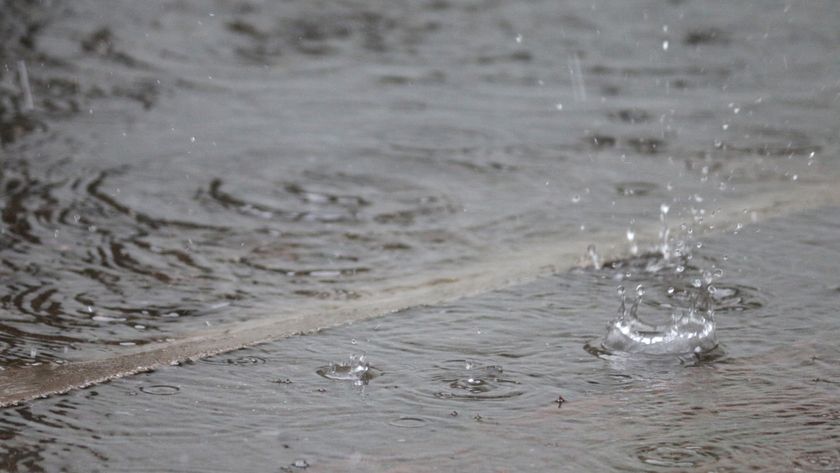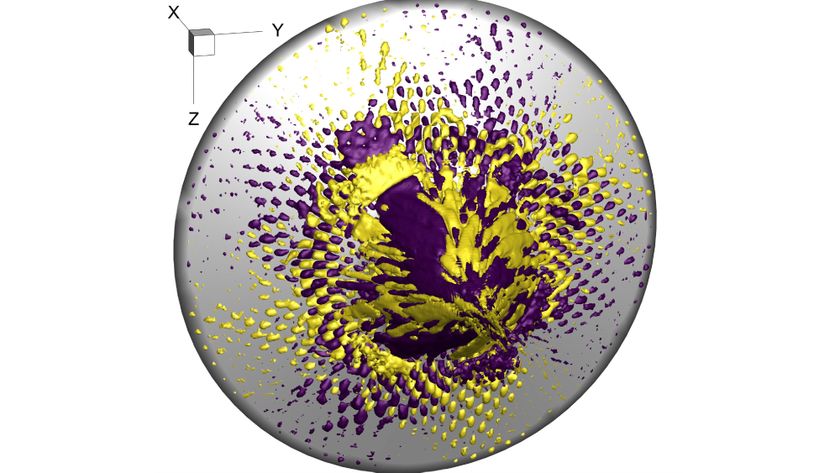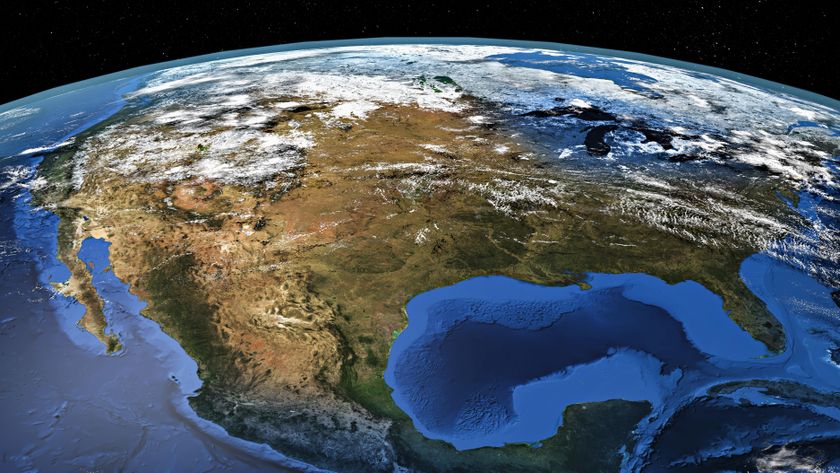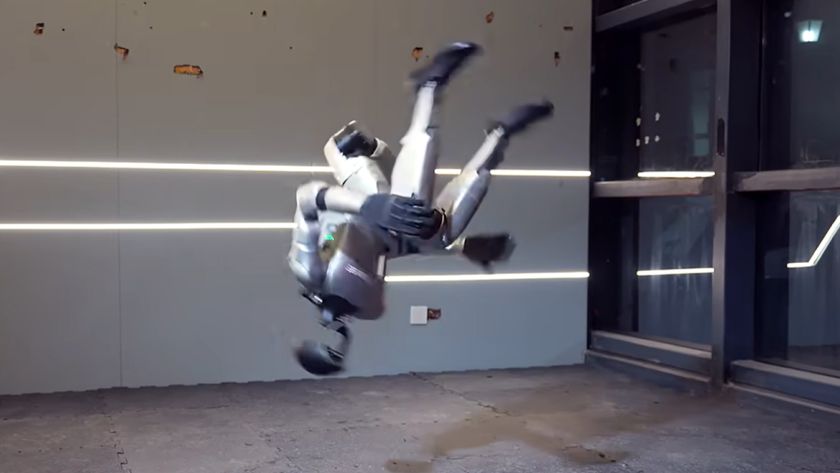FDA Calls Psychedelic Psilocybin a 'Breakthrough Therapy' for Severe Depression
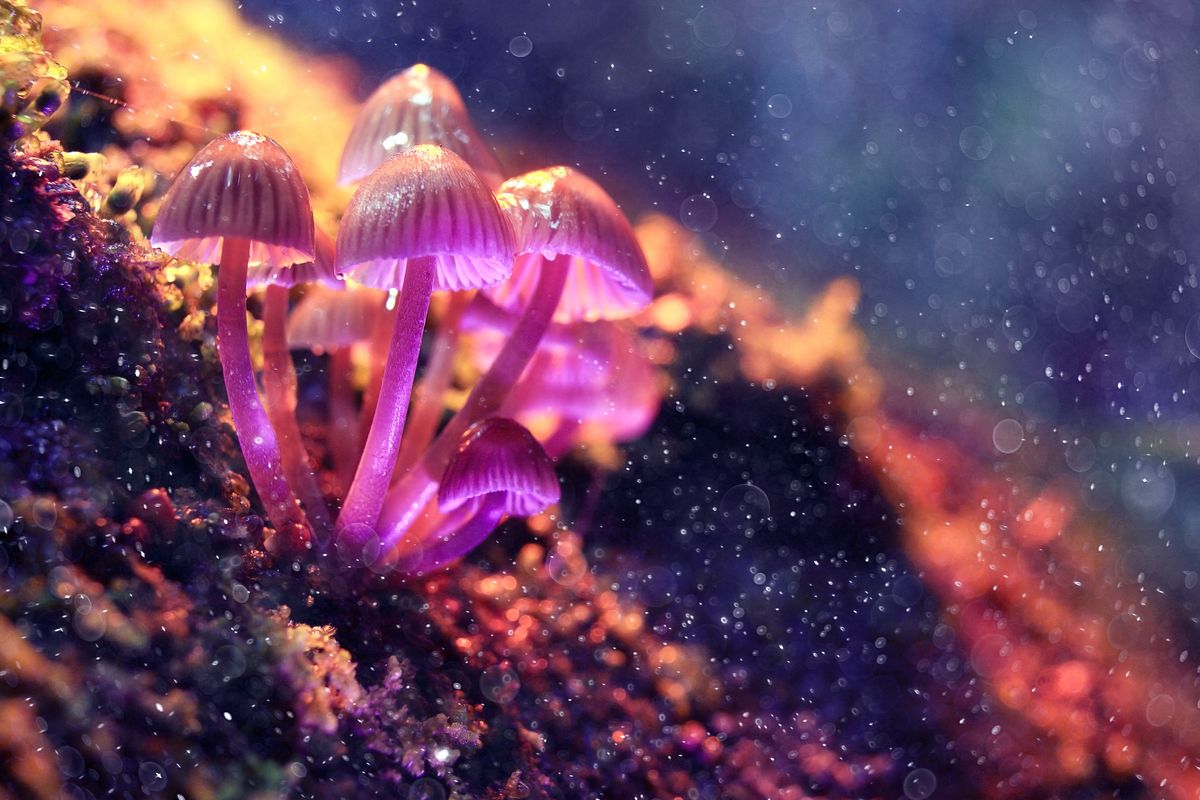
The FDA is helping to speed up the process of researching and approving psilocybin, a hallucinogenic substance in magic mushrooms, to treat major depressive disorder (MDD).
For the second time in a year, the U.S. Food and Drug Administration (FDA) has designated psilocybin therapy — currently being tested in clinical trials — as "breakthrough therapy," an action that is meant to accelerate the typically sluggish process of drug development and review. It is typically requested by a drug company and granted only when preliminary evidence suggests the drug may be an enormous improvement over already available therapy, according to the FDA.
Last year, the FDA granted "breakthrough therapy" status to psilocybin therapy in the still-ongoing clinical trials run by the company Compass Pathways, which are looking into psilocybin's potential to treat severe treatment-resistant depression, or depression in patients who have not improved after undergoing two different antidepressant treatments, according to New Atlas.
Related: Trippy Tales: The History of 8 Hallucinogens
Now, the FDA has granted another "breakthrough therapy" status to the psychedelic treatment, this time for a U.S.-based clinical trial conducted by the nonprofit Usona Institute, according to a statement from the company. This clinical trial, which includes 80 participants at seven different sites across the U.S., focuses on the efficacy of treating patients with MDD with a single dose of psilocybin.
There are more than 17 million people in the U.S. who have major depressive disorder, or severe depression that lasts more than two weeks, according to the statement. Psilocybin, with a single dose, could profoundly impact the brain and have long-lasting impacts after wiping away depressive symptoms, according to the statement.
The phase 2 trial is expected to be completed by early 2021, and with the help of this status, Usona expects it to quickly move into a larger phase 3 trial, according to New Atlas. Around one in three treatments previously given a Breakthrough Therapy status have moved on to get market approval, New Atlas wrote.
Sign up for the Live Science daily newsletter now
Get the world’s most fascinating discoveries delivered straight to your inbox.
"What is truly groundbreaking is FDA's rightful acknowledgement that MDD, not just the much smaller treatment-resistant depression population, represents an unmet medical need and that the available data suggest that psilocybin may offer a substantial clinical improvement over existing therapies," Dr. Charles Raison, the director of clinical and translational research at Usona, said in the statement.
This isn't the first time that a psychedelic has been researched for its potential in treating depression. In March, the FDA approved a nasal spray depression treatment for treatment-resistant patients based on Esketamine, a substance related to ketamine — an anesthetic that's also been used as an illicit party drug. But much is still unknown even of this approved drug. Though fast-acting, it's unclear how Esketamine changes the brain and thus what its long-term effects will be, according to a previous Live Science report.
- 7 Ways Depression Differs in Men and Women
- 7 Ways to Recognize Depression in 20-Somethings
- 8 Tips for Dealing with a Depressed Spouse
Originally published on Live Science.


Yasemin is a staff writer at Live Science, covering health, neuroscience and biology. Her work has appeared in Scientific American, Science and the San Jose Mercury News. She has a bachelor's degree in biomedical engineering from the University of Connecticut and a graduate certificate in science communication from the University of California, Santa Cruz.
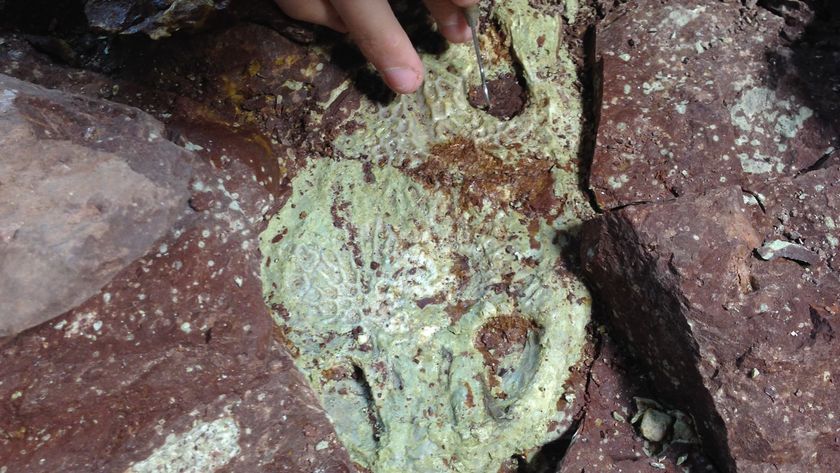
Triassic amphibians the size of alligators perished in mass die-off in Wyoming, puzzling 'bone bed' reveals
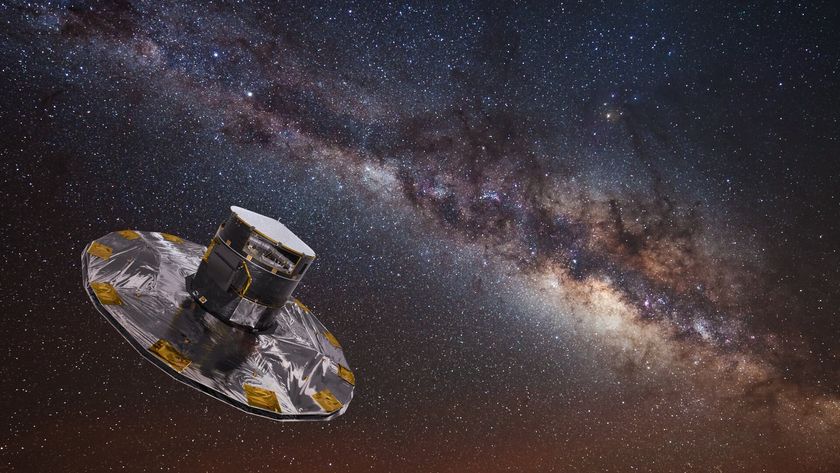
Gaia telescope retires: Scientists bid farewell to 'the discovery machine of the decade' that mapped 2 billion Milky Way stars

How do smart scales measure body composition, and how accurate are they?
